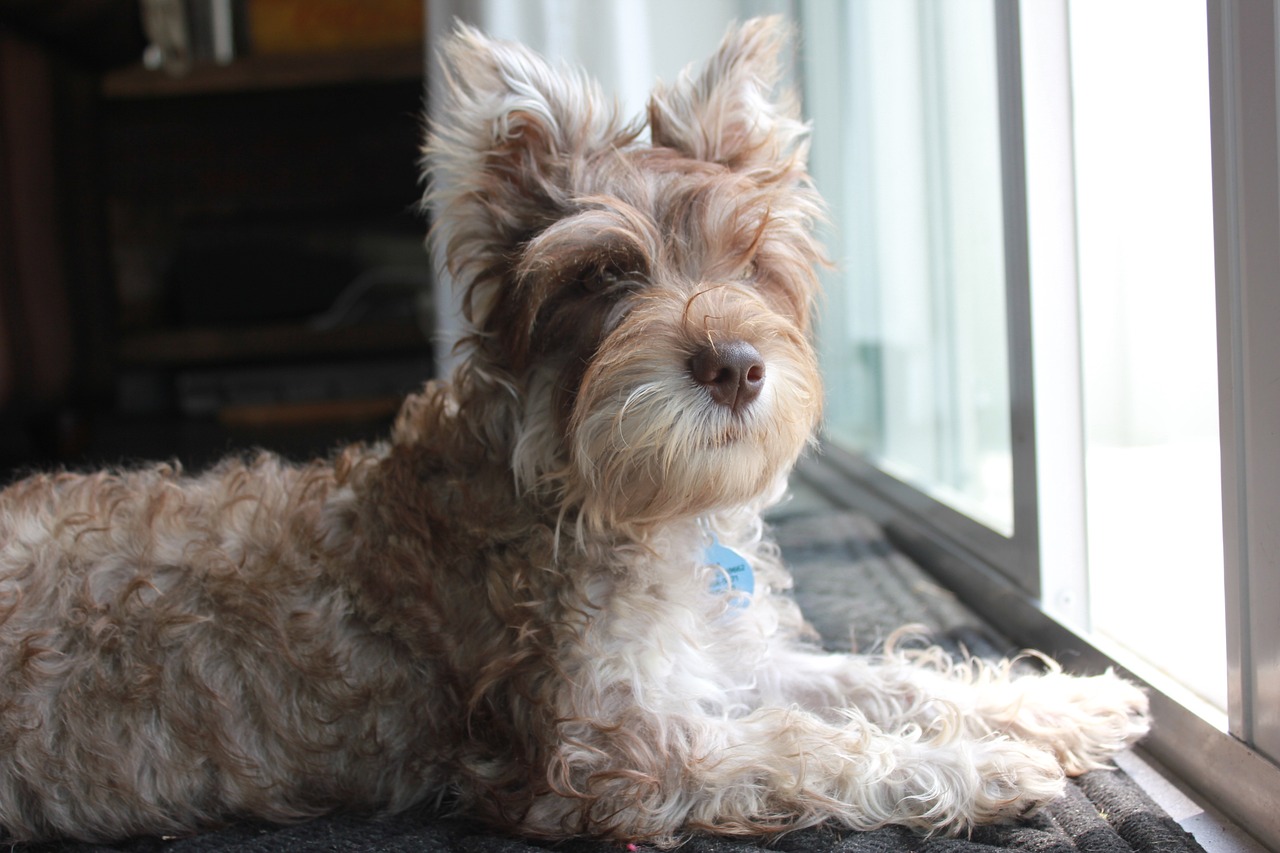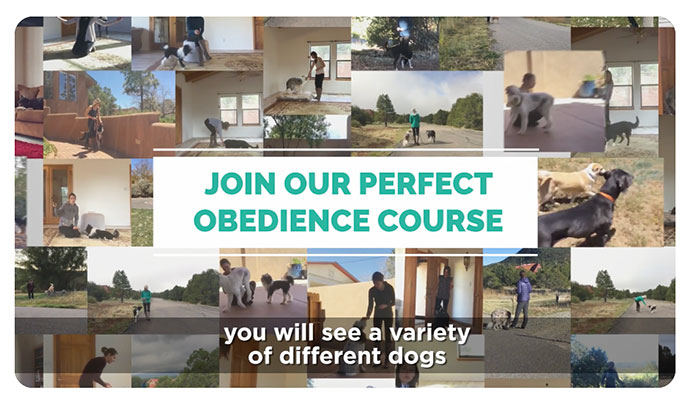Schnauzers, recognized for their characteristic beards and eyebrows, are lively and spirited companions. Their intelligence and alertness make them wonderful pets, but proper socialization is key to harnessing their full potential.
The Right Ways to Socialize a Schnauzer Puppy
 Here are the best practices to follow when socializing your Schnauzer puppy:
Here are the best practices to follow when socializing your Schnauzer puppy:
-
Start Early:
- The prime window for socialization in dogs is between 3 to 14 weeks. Start introducing your Schnauzer puppy to new sights, sounds, and experiences during this time.
-
Positive Reinforcement:
- Reward the Schnauzer puppy with treats, praise, and play whenever they react calmly and confidently in new situations.
-
Exposure to Diverse Environments:
- Take your Schnauzer puppy to various places like parks, urban areas, and beaches. The diverse sounds, smells, and sights will boost their adaptability.
-
Frequent Playdates:
- Arrange meetings with well-behaved dogs, ensuring that interactions are positive. This can teach your Schnauzer puppy dog appropriate behaviors and boost their confidence.
-
Encourage Gentle Handling:
- Frequently touch the Schnauzer puppy’s ears, paws, and tail. This gets them accustomed to being handled, which can be useful during grooming or vet visits.
-
Introduce to a Variety of People:
- Your Schnauzer puppy should meet people of all ages, sizes, and ethnicities. Positive interactions will help curb any potential future apprehensiveness around strangers.
-
Expose to Household Noises:
- Let your Schnauzer puppy hear the sounds of appliances like vacuum cleaners, blenders, and televisions. This helps prevent fear of common household noises later on.
-
Safe Transportation:
- Regular car rides (even short ones) can acclimatize the Schnauzer puppy to travel, reducing anxiety during longer journeys.
-
Teach Bite Inhibition:
- Encourage gentle play and discourage nipping. Use toys for the Schnauzer puppy to bite on and praise them when they’re gentle.
-
Provide Various Toys:
- Offering a range of toys can stimulate your Schnauzer puppy’s senses and allow them to explore different textures and shapes.
-
Attend Puppy Classes:
- Structured puppy classes are beneficial, as they teach basic commands and provide an environment for the Schnauzer puppy to interact with peers.
-
Stay Calm and Confident:
- Dogs are adept at picking up on human emotions. If you remain calm during new experiences, your Schnauzer puppy is more likely to feel secure and follow suit.
-
Practice Recall:
- Teach your Schnauzer puppy to come when called, starting in a controlled environment. This is essential for their safety during off-leash activities.
-
Limit Overwhelming Situations:
- If your Schnauzer puppy appears scared or overwhelmed, it’s okay to remove them from the situation and try again later. Gradual exposure can be more effective than forcing the experience.
-
Enroll in a Puppy Obedience Training Program:
- Consistent training is the key to molding a well-behaved adult dog. Consider joining a program like SpiritDog’s Ultimate Puppy Training Program or K9 Training Institute’s Dog Masterclass. These platforms provide expert guidance, helping you and your Schnauzer puppy navigate the world confidently.
The Wrong Ways to Socialize a Schnauzer Puppy
 Schnauzers are intelligent and often energetic dogs, making proper socialization essential for a balanced adult temperament. However, there are common missteps dog owners can make during this crucial developmental period. Here’s a guide to the pitfalls to avoid when socializing a Schnauzer puppy:
Schnauzers are intelligent and often energetic dogs, making proper socialization essential for a balanced adult temperament. However, there are common missteps dog owners can make during this crucial developmental period. Here’s a guide to the pitfalls to avoid when socializing a Schnauzer puppy:
-
Delaying Socialization:
- Waiting too long to start the socialization process can be detrimental. The prime window is between 3 to 14 weeks. Beginning post this period can make it more challenging.
-
Forcing Interactions:
- Pushing a Schnauzer puppy into uncomfortable situations, like forcing them to meet a large group of unfamiliar dogs, can lead to fear or aggression later on.
-
Neglecting Positive Reinforcement:
- Only correcting unwanted behavior without praising good behavior can confuse the Schnauzer puppy, making them more anxious or hesitant in new situations.
-
Overwhelming Environments:
- Taking the Schnauzer puppy to overly crowded or noisy places without prior gradual exposure can induce anxiety.
-
Not Monitoring Play:
- Allowing the Schnauzer puppy to play unsupervised with unfamiliar or aggressive dogs can result in negative experiences that shape their future interactions.
-
Avoiding Strangers:
- Shielding the Schnauzer puppy from meeting new people can develop a fear of strangers or overly protective tendencies.
-
Using Negative Punishments:
- Employing harsh punishments or scoldings can create a fearful Schnauzer puppy, making them more hesitant in unfamiliar settings.
-
Ignoring Fearful Reactions:
- Overlooking or dismissing signs of stress or fear can result in traumatizing the Schnauzer puppy, making subsequent exposures more difficult.
-
Skipping Diverse Experiences:
- Only exposing the Schnauzer puppy to a limited set of stimuli, like the same walking route every day, can hinder their adaptability to new situations.
-
Neglecting Different Terrains:
- If the Schnauzer puppy doesn’t experience various terrains like gravel, grass, or sand, they might become skittish on unfamiliar surfaces.
-
Inconsistent Training:
- A lack of consistent boundaries and rules can confuse the Schnauzer puppy, leading to unpredictability in unfamiliar situations.
-
Avoiding Handling:
- Not accustoming the Schnauzer puppy to being touched can make future grooming or veterinary visits stressful.
-
Not Addressing Negative Behaviors Early On:
- If you don’t correct issues like resource guarding or excessive barking during the early stages, they can become ingrained behaviors.
-
Reliance on Isolation:
- Keeping the Schnauzer puppy isolated from other animals or people, thinking it will make them more attached to you, can lead to significant social challenges later on.
-
Avoiding Professional Guidance:
- Not seeking advice or training classes when faced with challenges can result in missed opportunities for positive growth.
Consider Online Dog Training for Your Schnauzer Puppy
Our 2 favorite online courses are:
1. SpiritDog’s “Perfect Obedience” Course
The Perfect Dog Obedience Bundle is an online dog training program designed to help dog owners achieve well-behaved pets. The comprehensive course covers basic obedience, loose leash walking, and includes bonus mini-courses on training habits and rewards, stopping jumping, and separation anxiety solutions. With lifetime access to expert trainers for personalized feedback and a 60-day money-back guarantee, this course aims to provide effective, accessible training for a variety of dog behavior issues.
2. K9 Training Institute’s “Dog Masterclass”
More than just an obedience course, this more comprehensive training course tackles any behavior problem you might face with your dog.
In conclusion, while it’s essential to socialize a Schnauzer puppy, the way in which it’s done plays a significant role in their developmental outcomes. Avoiding the pitfalls listed above and approaching socialization with patience, understanding, and positive reinforcement will lead to a well-adjusted, confident Schnauzer. Remember, every negative experience can have long-lasting effects, so it’s crucial to prioritize your Schnauzer puppy’s well-being at all times.


 Toledo, United States.
Toledo, United States.